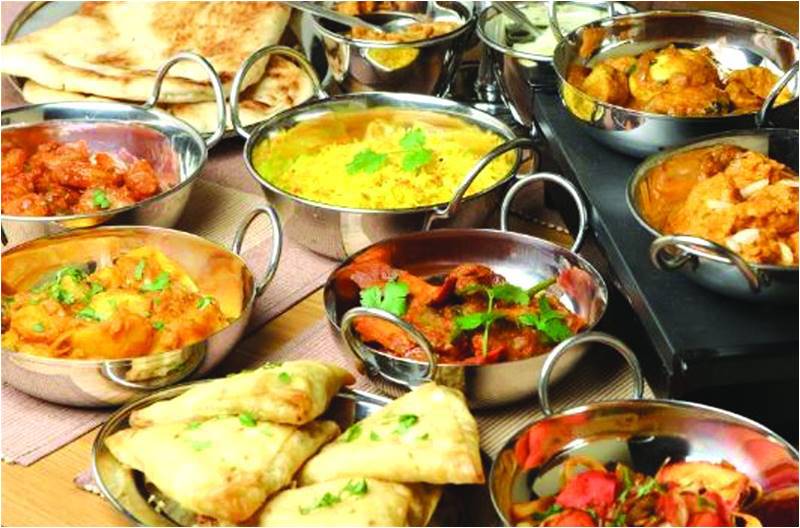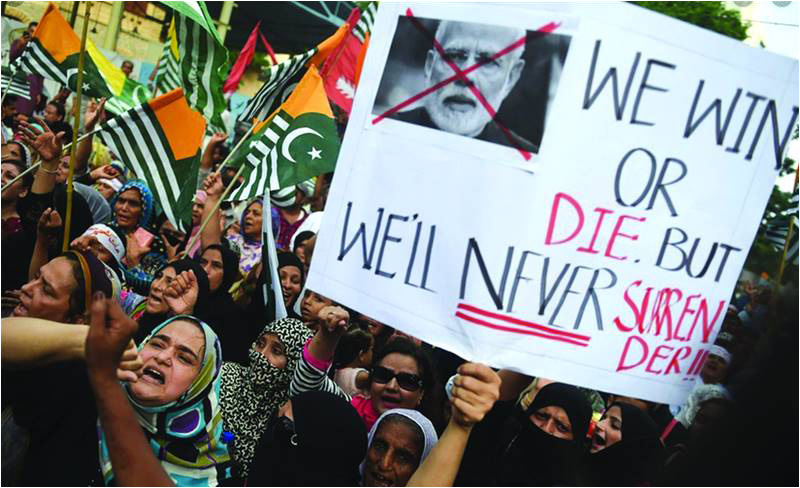
I went to dinner at a friend’s home this past weekend. We all met here in our early twenties – long before Vivek and Amrita merged into a married couple. She’s an aspiring writer, but all I know about his job is that it has something vaguely to do with managing money. That and that it pays them well enough that they have a foyer in their apartment in New York.
“It’s such a pain to clean,” Nadia said when she met me in the door. She gestured at the spotless chamber apologetically, as if the mirrors could be shinier.
“Yeah,” I said studying the modern art flower arrangement on the table. “I bet.” As we walked through the foyer and through a long, expensive corridor, I thought with somewhat bittersweet objectivity about my own apartment. I may not have a foyer but I do have fifteen inches between the door and kitchen. Perhaps I could put a bowl of fruit on the floor? But then I remembered the as-yet-uncaught mouse problem, and realized that my to-do list started far lower down the domestic chain.

The dinner party (which is what you can call eating take-out food in New York when you have a foyer) consisted of a dozen or so people. Everyone there was from India except myself and a white man from Stockholm, whose name was Oscar. He assumed my nationality was a sign that I, too, was in foreign waters, and he stuck to me like white on rice most of the evening.
Conversation flowed easily though. There was none of the existential despair and meaningful glances that make up my conversation with Lahoris at home. This was all about giggles and holidays and festivals and weddings. The future was not an uncertain thing in this room by the foyer.
At one point Oscar asked the table what people’s views on recent incidents in Kashmir were. The ensuing silence was quick and deafening, which was unsurprising.
“So sad,” Amrita said when no one else spoke, and sprinted to the kitchen. One of the guys there was an exporter from Chennai named Nikhil, and though he was less reticent with his opinion, I could tell he was moderating his words lest he offend me. Indeed, pairs of eyes darted my way, retreating quickly the moment we made contact. I realized that people were expecting me to make some kind of statement (for lack of a better word) on behalf of the Pakistani perspective. Representational monologues make me uncomfortable, so I made a joke about visas and toilets and the whole table laughed in relief. The mood shifted, and people began talking openly about - at least - what the people surrounding the table thought about the issue.
While some praised the move, most of the table agreed that it was aggressive and a PR nightmare for India. All of them stopped short of criticizing the government, Modi or the Indian state. This was not a Hindu/Muslim issue, I heard a lot. It’s about diplomacy.
I once made it through a Thanksgiving dinner at an Indian friend’s house at the very moment the Mumbai terror attacks were unfolding. If could handle that real-time incident with grace and all my limbs attached, this would be a piece of cake.
And it was, not because I was particularly dexterous in avoiding barbs, but because there weren’t that many to avoid. I realized, not for the first time, that most Indians don’t think about Kashmir as a major issue for them – or indeed sectarianism. They’re more concerned with their economy and growth rates. It’s useful to know that there was no Indian Muslim there. But generally they insisted that Kashmir was not part of the Indian internal narrative.
I’ve always envied this about my Indian friends: this almost unnerving ability to believe wholesale in the concept of India without letting details detract from their patriotism. It made them physically uncomfortable when Oscar brought up Palestine as a comparison, but most of them were open and honest about their disappointment in how it was done, but not in the fact it was done.
“How else could it have ended?” said one woman to a chorus of agreement.
“Independence?” Oscar asked. There was a hollow laugh around the table, and I kept silent, knowing that Pakistan was just as unlikely to allow for a single state of Kashmir as India. In that sense, I thought, they are right. What else could have been done?
Considering that the Emiratis just gave Modi their highest civilian award, Pakistanis know we don’t have the social capital to raise an international campaign against him or the BJP. This situation is unlikely to turn into the social justice issue of our time.
In the end the conversation shifted to something less political, as it often does when discussing a fait accompli. As we drank coffee (which is also something people with foyers love to do), a Parsi man from Bombay sat next to me and confessed that as a minority, he didn’t like what he was seeing in India. As a minority, he added, he didn’t know how to fight it.
And I found myself nodding because I know what being a minority in my own country feels like. And maybe this, rather than the foyer, was the the biggest different between my Indian friends and I. And my envy grew twofold.
Write to thekantawala@gmail.com
“It’s such a pain to clean,” Nadia said when she met me in the door. She gestured at the spotless chamber apologetically, as if the mirrors could be shinier.
“Yeah,” I said studying the modern art flower arrangement on the table. “I bet.” As we walked through the foyer and through a long, expensive corridor, I thought with somewhat bittersweet objectivity about my own apartment. I may not have a foyer but I do have fifteen inches between the door and kitchen. Perhaps I could put a bowl of fruit on the floor? But then I remembered the as-yet-uncaught mouse problem, and realized that my to-do list started far lower down the domestic chain.

The dinner party (which is what you can call eating take-out food in New York when you have a foyer) consisted of a dozen or so people. Everyone there was from India except myself and a white man from Stockholm, whose name was Oscar. He assumed my nationality was a sign that I, too, was in foreign waters, and he stuck to me like white on rice most of the evening.
Conversation flowed easily though. There was none of the existential despair and meaningful glances that make up my conversation with Lahoris at home. This was all about giggles and holidays and festivals and weddings. The future was not an uncertain thing in this room by the foyer.
At one point Oscar asked the table what people’s views on recent incidents in Kashmir were. The ensuing silence was quick and deafening, which was unsurprising.
“So sad,” Amrita said when no one else spoke, and sprinted to the kitchen. One of the guys there was an exporter from Chennai named Nikhil, and though he was less reticent with his opinion, I could tell he was moderating his words lest he offend me. Indeed, pairs of eyes darted my way, retreating quickly the moment we made contact. I realized that people were expecting me to make some kind of statement (for lack of a better word) on behalf of the Pakistani perspective. Representational monologues make me uncomfortable, so I made a joke about visas and toilets and the whole table laughed in relief. The mood shifted, and people began talking openly about - at least - what the people surrounding the table thought about the issue.
While some praised the move, most of the table agreed that it was aggressive and a PR nightmare for India. All of them stopped short of criticizing the government, Modi or the Indian state. This was not a Hindu/Muslim issue, I heard a lot. It’s about diplomacy.
I once made it through a Thanksgiving dinner at an Indian friend’s house at the very moment the Mumbai terror attacks were unfolding. If could handle that real-time incident with grace and all my limbs attached, this would be a piece of cake.
And it was, not because I was particularly dexterous in avoiding barbs, but because there weren’t that many to avoid. I realized, not for the first time, that most Indians don’t think about Kashmir as a major issue for them – or indeed sectarianism. They’re more concerned with their economy and growth rates. It’s useful to know that there was no Indian Muslim there. But generally they insisted that Kashmir was not part of the Indian internal narrative.
I’ve always envied this about my Indian friends: this almost unnerving ability to believe wholesale in the concept of India without letting details detract from their patriotism. It made them physically uncomfortable when Oscar brought up Palestine as a comparison, but most of them were open and honest about their disappointment in how it was done, but not in the fact it was done.
“How else could it have ended?” said one woman to a chorus of agreement.
“Independence?” Oscar asked. There was a hollow laugh around the table, and I kept silent, knowing that Pakistan was just as unlikely to allow for a single state of Kashmir as India. In that sense, I thought, they are right. What else could have been done?
Considering that the Emiratis just gave Modi their highest civilian award, Pakistanis know we don’t have the social capital to raise an international campaign against him or the BJP. This situation is unlikely to turn into the social justice issue of our time.
In the end the conversation shifted to something less political, as it often does when discussing a fait accompli. As we drank coffee (which is also something people with foyers love to do), a Parsi man from Bombay sat next to me and confessed that as a minority, he didn’t like what he was seeing in India. As a minority, he added, he didn’t know how to fight it.
And I found myself nodding because I know what being a minority in my own country feels like. And maybe this, rather than the foyer, was the the biggest different between my Indian friends and I. And my envy grew twofold.
Write to thekantawala@gmail.com

